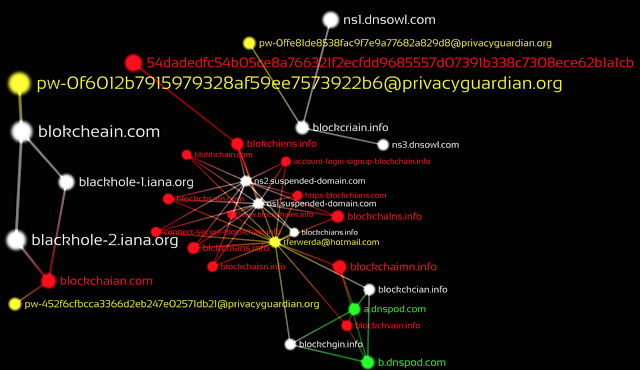The introduction of blockchain is expected to shake up the centuries-old trade-finance industry, reducing the numerous documents and several days of processing needed for a single transaction to a paperless task that can be completed in hours.
Just a few hours after German online bank Bitbond announced it now allows users to transfer loan anywhere in the world using bitcoin and other cryptos , a move which we said would result in a rapid adoption of blockchain technologies within the bank-disintermediation space, the FT reported that in a somewhat parallel transaction, UK-based banking giant HSBC has completed the world’s first commercially viable trade-finance transaction using blockchain, in the process opening the door to mass adoption of the technology in the $9tn market for trade finance, a process which ironically culminates with traditional banks such as HSBC becoming disintermediated from the fund flows process, i.e., obsolete.
HSBC said the blockchain trade, which processed a letter of credit for US food and agricultural group Cargill, had shown the platform was ready to be commercially adopted across the industry.
In many ways the news will be welcome, especially when it comes to trade finance: traditionally one of the most convoluted and burdensome pillars of modern finance, one which has been deeply in need of disruption.
As a result, the FT notes that the introduction of blockchain “is expected to shake up the centuries-old trade-finance industry, reducing the numerous documents and several days of processing needed for a single transaction to a paperless task that can be completed in hours.”
And, as Vivek Ramachandran, head of innovation and growth for commercial banking at HSBC, said, “the next stage is actually encouraging as many participants as possible to sign up to the utility” adding that banks, shipping companies, ports and customs operations would have to take up the same technology before it could gain widespread usage. “We don’t envisage the platform as anything other than a utility.”
Think of blockchain is to trade finance as DTCC was to old-school stock certificates (incidentally, blockchain is set to revolutionize DTC as well).
In trading hubs around the world, banks such as HSBC still operate trade-finance floors filled with stacks of paper documentation for trade. Blockchain transactions will greatly reduce these operations in the coming years, Mr Ramachandran said. HSBC took in $2.52bn in trade-finance revenue last year, making it one of the world’s largest banks in the industry.
In light of these numbers, it is understandable why HSBC wants to streamline its process even more, generating a far higher profit margin.
Some more details on the historic blockchain-mediated letter of credit:
The transaction for Cargill was for a shipment of soyabeans from Argentina to Malaysia last week. HSBC used the Corda blockchain platform, which was developed by technology consortium R3. Dutch bank ING, which has also adopted the technology, was a counterparty on the deal.
Unlike previous test transactions, the one for Cargill could be replicated if the same counterparties were involved, Ramachandran said, showing that the technology is ready for commercial use.
Source/More: HSBC Completes First Trade-Finance Deal Using Blockchain, Opening $9 Trillion Market For Mass Adoption | Zero Hedge














